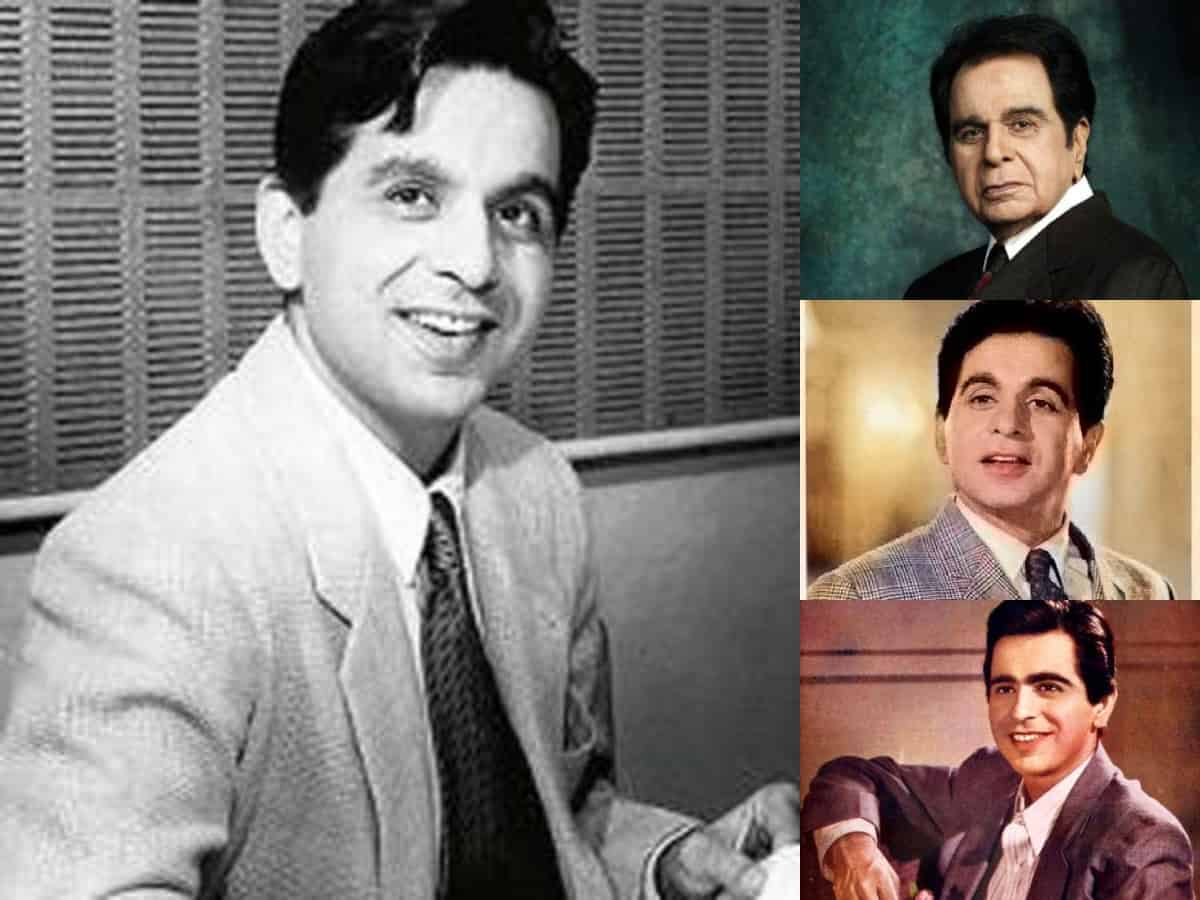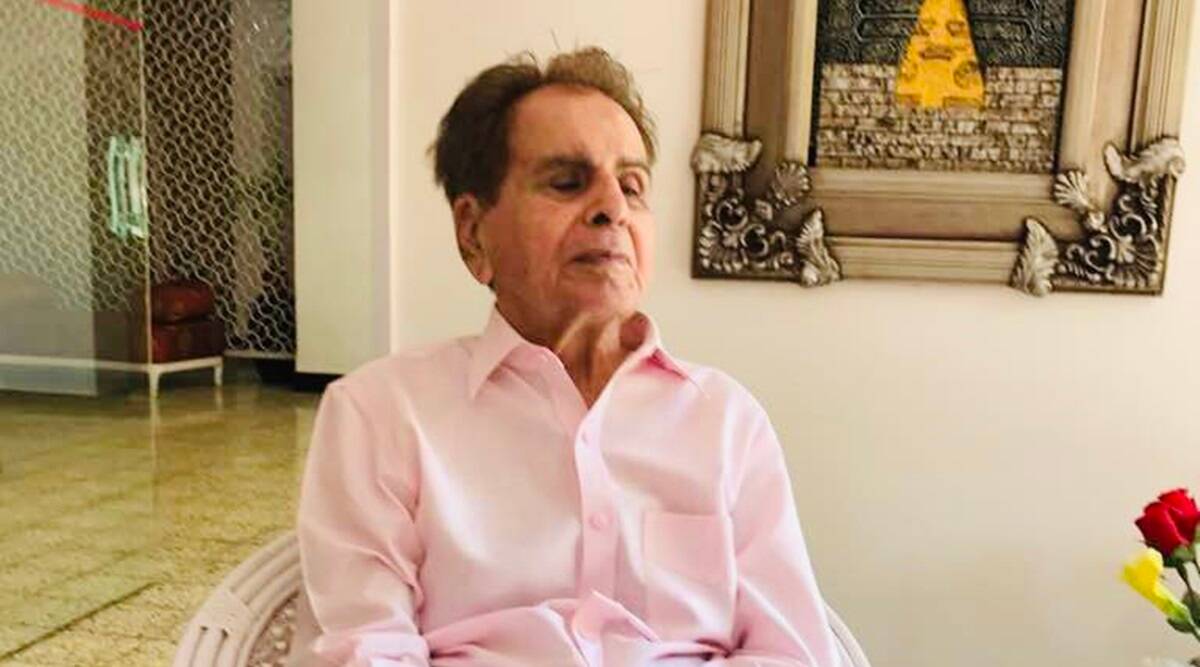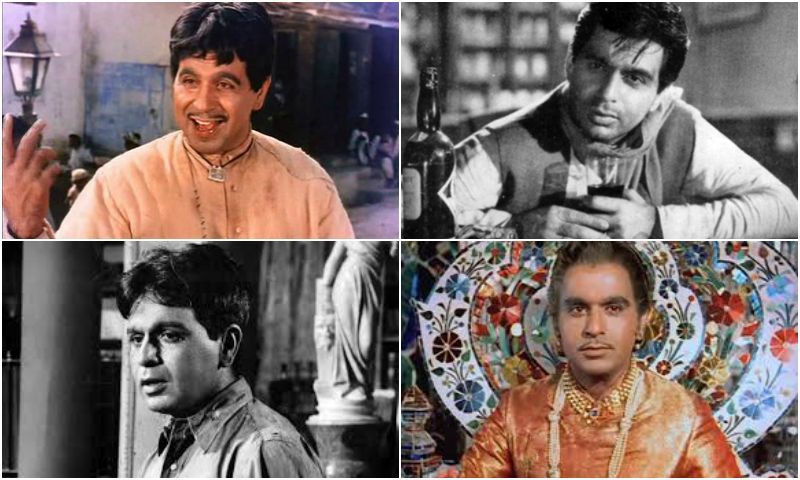Exclusive Premium Content
Dilip Kumar Is No More, Lost one of the Greatest Actor Ever!

Time did finally run out on Dilip Kumar. Farewell, Maestro. You are the greatest actor, ever.
And then in the last ten years of his life he couldn’t recognize anyone.
But let’s not even go there right now.
The Thespian who re-wrote every rule of acting in mainstream Hindi cinema hardly looked his age. I remember meeting him on his 80th birthday. That trademark twinkle in those eloquent eyes remained where it was. The face crinkled up into a 5-year old’s innocent smile and the words flow in a constant stream-like rush of urgent expressions.
On the day of his 80th birthday there was a constant rush of callers and visitors. Admirers and friends like Yash Chopra, Dharmendra and even the elusive Rekha whom Dilip Kumar and his attentive wife Saira Banu hadn’t met for three years, had dropped in to wish their favourite actor and his wife at their Pali Hill bungalow in Mumbai.
When he was 80 and you tell him he looks no more than 60, Dilip Kumar almost blushes and retorts, “Oh, the news that I’m now 80 is just a rumour.” When you tell him you’d like to look like he does when you reach his age he smiles, “This body is mine. And bearing its burden has become quite a task.”
In spite of childlike chuckles and bubbling banter (“I shamelessly use Saira’s mobile all the time and burn up precious airtime. I shouldn’t be doing be doing that, y’know”) there was a sheen of sadness surrounding this ageless acting genius in his 80s.
Dilip Saab never considered himself the greatest actor.
He once told me, “There might be many better actors than me. I’ll tell you , I had no training and I wouldn’t have dared to venture into films were it not for my family’s financial conditions. The Second World war was extremely hard on the horticulture business . My father would grow apricots, grapes, pomegrenates, apples and peaches. He would get those fruits tinned. He would proudly show me the size of the fruits and say, “This is what I want you to grow, Yusuf. Because you’re my most intelligent son.” He wanted me to be educated so I could enhance the family business. A friend of my father Fateh Mohammah Khan had been honoured by the Queen. My father wanted to show the Britishers that he could grow fruits as good as his friend without being a toddy.I was always very business minded. I loved the family business. But it was a very tough life . The entire process from plucking to despatch was very cumbersome . Bahut mushqil tha. I had to get another job with a decent salary. That’s where acting came in handy.”
Yusuf Saab recalls how disappointed his father was when young Yusuf decided not to join the family’s fruit-growing business. “He was very annoyed when I got into films. But then he heard other people whom he respected relishing the idea. Once Maulana Azad whom everyone revered, heard my father commenting caustically on one of his sons drifting into films, and what to do? Maulana Saab intervened on my behalf and said there’s no telling what the future holds for anyone. He also told my father to be proud of his son’s achievements and implored him to be patient with my aspirations. I had no training in acting whatsoever and I wouldn’t have dared to venture into films were it not for my family’s financial conditions. The Second World War was extremely hard on the horticulture business and I had to supplement the family income.”
And now when the nation seems on the brink of a chaos the brilliant actor sees nothing but a bleak future staring into his face. “Believe me, iss qadar jee bharaa hua hai ke hum poochte hain hum kahan ud ke jayen? Where can I go to escape the barbarism of my own people It’s heartening to think that even today there are rational elements , specially among the younger generation whom one sees challenging the politicians of the country, asking them where they intend to take us.”
Yusuf Saab was particularly worried about the future of the Indian Muslim. “The Muslims will soon become a part of history. Every civilization is cyclic and must end. My personal view is, that the Indian Muslim population may eventually be annihilated. But it won’t end there. The process of destroying civilizations will continue. I too am a Muslim. I worship my Maker the same way as you do. I never think that my God is separate from yours. My Quran says there are many apostles like Muhammed and we shouldn’t discriminate against them. I read the Bhagavat Gita and the Vedanta with as much reverence as the Quran. The messages in our holy book and yours are identical. Kyon kha-ma-kha mein donon mein discrimate karoon?”
He ruled out an active political career for himself. “It’s a venue for screaming and indiscipline. Ek aadmi kuch bhi nahin kar sakta. He can perish in trying to make his voice heard. I no longer have that much energy. I used to make 10-12 rounds of Jogger’s Park during my morning walks. But now I can no longer go beyond three rounds. I can see time ticking away.”


